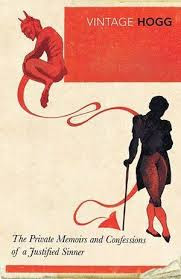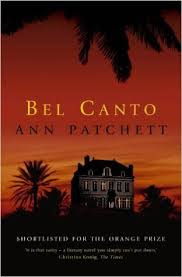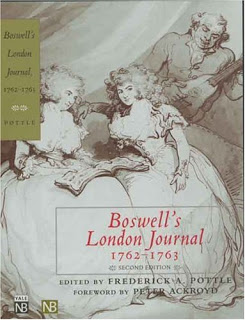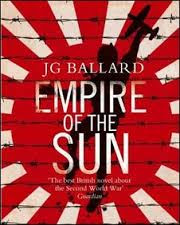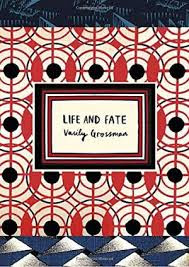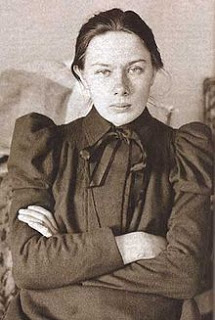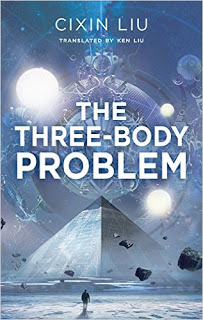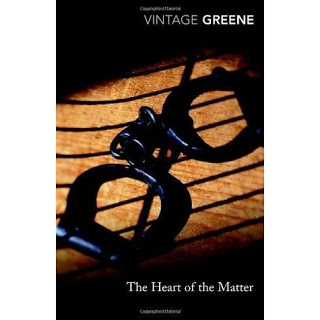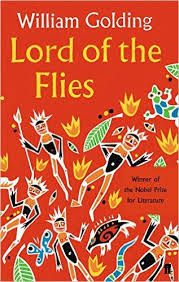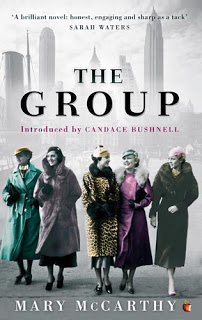I’m always suspicious of books famous for breaking down taboos, and particularly of books that were banned. Very often, on reading them, one finds a rather so-so story, and realises they’re only famous because they were salacious. I thus was hesitant about THE GROUP at first. Then I found out that stupid Norman Mailer hated it, and called it “a trivial lady writer’s novel”. Naturally, I bought it immediately.
Mailer is famous for the THE NAKED AND THE DEAD, a truly dire ‘manly man’ novel about the Vietnam War which is all about the glory of gore, and is very obviously written by someone with virtually no experience of actual combat. So in short if he doesn’t like something I probably will. And boy, do I. This is a fantastic novel, as fresh today as when it rolled off the presses in 1963, and, as the author Mary McCarthy put it, “ruined my life”.
It tells the story of a group of women graduating from Vassar in the 1930s, and follows them for a few years. The writing is boisterous and delicious. Try this description:
She had been amazingly altered, they felt, by a course in Animal Behaviour she taken with old Miss Washburn who had left her brain in her will to Science) during their junior year. This and her work with Hallie Flanagan in Dramatic Production had changed her from a shy, pretty, somewhat heavy Western girl with black lustrous curly hair and a wild-rose complexion, active in hockey, in the choir, given to large tight brassieres and copious menstruations, into a thin, hard-driving, authoritative young woman, dressed in dungarees, sweat shirt, and sneakers, with smears of paint in her unwashed hair, tobacco stains on her fingers, talking airily of “Hallie” and “Lester,” Hallie’s assistant, of flats and stippling, of oestrum and nymphomania, calling her friends by their last names loudly — “Eastlake,” “Renfrew,” “MacAusland” — counseling premarital experiment and the scientific choice of a mate. Love, she said, was an illusion.
Or this, on a girl with a gift for a pointed description:
Kay used to take their love affairs, as Lakey once said, away from them and returned them shrunk and labeled, like the laundry.
They’re in that first generation of women to get a chance at university, and reading about them really reminded me how joyful a thing is education, and how glad I am that I got a chance to have one. Here’s one girl losing her virginity in probably a way no one before her had:
All sorts of weird, irrelevant ideas floated through Dottie’s head as the key turned in the lock and she found herself, for the first time, alone with a man in his flat. Tonight was midsummer’s night, the summer solstice, when maids had given up their treasure to fructify the crops; she had that in background reading for A Midsummer Night’s Dream. Her Shakespeare teacher had been awfully keen on anthropology and had had them study in Frazer about the ancient fertility rites and how the peasants in Europe, till quite recent times, had lit big bonfires in honor of the Corn Maiden and then lain together in the fields. College, reflected Dottie as the lamp clicked on, had been almost too rich an experience. She felt stuffed with interesting thoughts that she could only confide in Mother, not in a man, certainly, who would probably suppose you were barmy if you started telling him about the Corn Maiden when you were just about to lose your virginity. Even the group would laugh if Dottie confessed that she was exactly in the mood for a long, comfy discussion with Dick, who was so frightfully attractive and unhappy and had so much to give.
It’s fascinating to be reminded about other parts of the past too – how’s this question, asked at a party?
Does you mother know about iceberg lettuce? It’s a new variety, very crisp, with wonderful keeping powers
.And fascinatingly there’s a lot on contraception. I didn’t realise that for a long time there was a fight through the courts to keep the diaphragm illegal. I mean, let’s face it, there’s a lot you can say about the patriarchy, but for sure it’s not SHY. There’s lots of interesting stuff on how awkward the diaphragm made dating, as the men usually kept ‘the equipment,’ and then had to return it to you when you broke up. You can see where poor McCarthy faced some serious blowback: the reading public were horrified/thrilled.
It’s impossible to read a book of this period, if you’re female, without being profoundly grateful you yourself did not have to live through it. One character is committed to a psychiatric hospital by her husband, to get her out of the way, and everyone acts like this is quite normal. Another almost gets raped, and no one she tells freaks out about it. I read some of this book with my jaw on the floor. Here’s one character, Priss, who has a baby with her husband Sloan:
. . her doctor ordered her to put on lipstick and powder right in the middle of labour; he and Sloan both thought it was important for a maternity patient to keep herself up to the mark.
Let me take this moment to say stupid Norman Mailer didn’t like the book because he felt that none of her characters has “the power or dedication to wish to force events”. DUH YOU IDIOT THAT’S WHAT THE BOOK’S ABOUT. Priss’ fondness for Sloan quickly deteriorates as he tries to make her roadtest his theories on breast feeding:
There was a side of Sloan, she had decided, that she mistrusted, a side that could be summed up by saying that he was a Republican. Up to now this had not mattered; most men she knew were Republicans – it was almost part of being a man. But she did not like the thought of a Republican controlling the destiny of a helpless baby.
Most of this post has focused on how the way the book captured a certain historical moment, but I think as with all really fine novels what will stay with me is the characters – their struggles with losing their virginity, with getting jobs, with men who say they’ll leave their wives, with over-involved mothers – and all this while they struggle with being given the gift of an education that means they can’t really live the lives their parents have laid out for them. It very much reminded me that the opportunities in my life – the education, the cosmetics-free birth experience, the expectation that if someone tries to rape me other people will freak out about it – all come to me from long lines of women, going back into the past, who did their best for themselves, and so for me.
In summary, it makes me feel really awful for Hillary Clinton.
